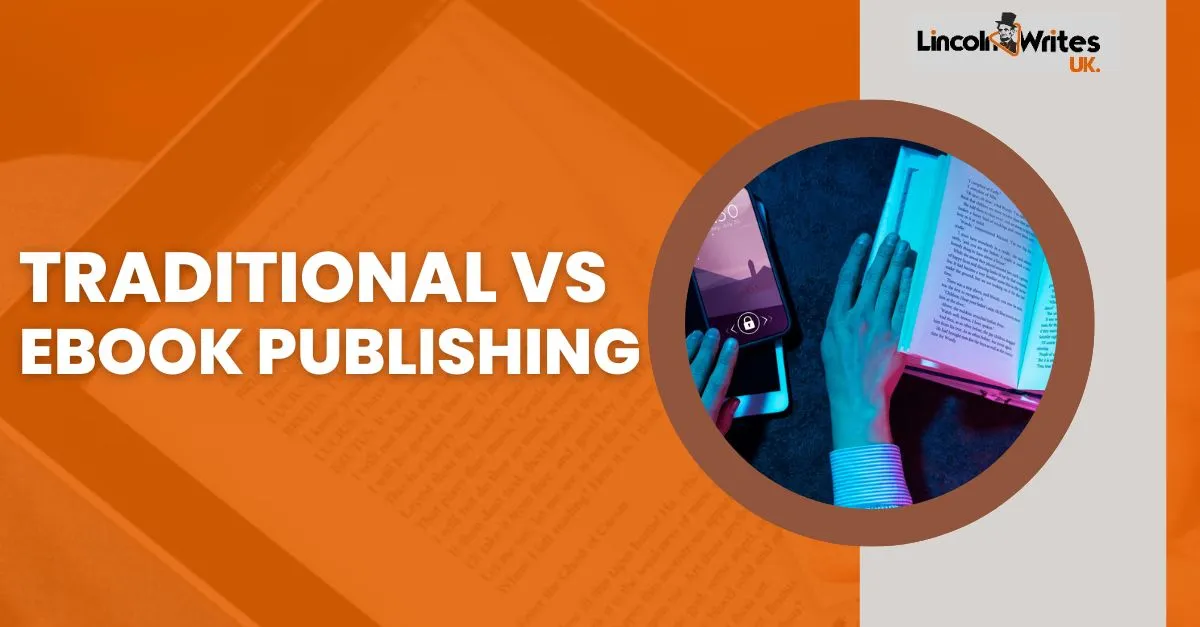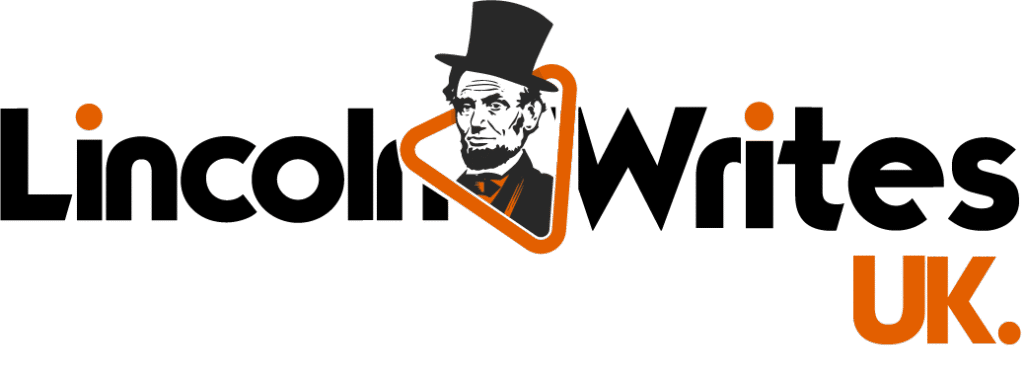People look at authors like JK Rowling and Stephen King and assume writing a book can make a million. Well, it can, but if done right. Just because you wrote a manuscript doesn’t exactly mean you’re on the road to becoming a millionaire. As a matter of fact, writing the manuscript is one of the easier parts of the journey. Choosing where to publish it and how to get it there is the second half of the struggle writers come to dread.
Whether it’s a thriller you’ve been secretly writing for years, a life story crafted through memoir ghostwriting, or a business guide created under a ghostwriter’s tight deadlines, the publishing path you choose matters. A lot.
And if you’re a first-time author trying to decide between traditional vs ebook publishing, it can feel like you’re choosing between sending your manuscript into the void… or uploading it into a digital jungle.
The truth is, both have benefits. Both have drawbacks. And depending on your genre, timeline, and goals, one may serve you better than the other. So, let’s break it down properly and help you make a decision based on facts, not myths.
What Is Traditional Publishing?
Traditional publishing involves submitting your manuscript to a publishing house (either directly or via an agent), getting a book deal, and having your book professionally edited, designed, printed, and distributed.
If accepted, you may receive:
- An advance (payment before publication)
- A royalty percentage (typically 5–15%)
- Marketing and PR support (to varying degrees)
- Print and digital distribution via bookshops and online platforms
But… It’s incredibly competitive. Many publishers don’t accept unsolicited submissions. For genres like literary fiction, children’s books, or academic work, you’ll often need an agent.
What is eBook Publishing?
eBook publishing, whether through self-publishing or hybrid models, involves distributing your book digitally via platforms like Amazon Kindle, Kobo, Apple Books, and more.
You:
- Retain more control
- Often earn higher royalties (typically 35–70%)
- Manage your own timelines and creative choices
- Can reach global audiences instantly
- May partner with ebook publishers UK for support services
It’s ideal if you want speed, flexibility, and ownership, but you’ll need to be hands-on with everything from editing to cover design, unless you outsource to professionals.
Traditional vs eBook Publishing: Pros and Cons
Let’s compare key categories to help you decide.
1. Speed to Market
- Traditional: Can take 1–2 years (or more) from acceptance to release
- eBook: Can publish within days or weeks, depending on prep time
Best For: Authors on tight schedules, like business professionals using business leader ghostwriting, often prefer an eBook for speed.
2. Creative Control
- Traditional: Publisher decides cover, pricing, edits, and even title
- eBook: You control all creative decisions
Note: If you’re focused on brand alignment, particularly for memoirs or nonfiction, creative control is key. It’s also crucial in protecting ghostwriting’s legal aspects.
3. Royalties & Earnings
- Traditional: 5–15% of net sales, sometimes after earning out your advance
- eBook: Up to 70% royalties on digital sales, especially if using platforms like KDP or working with royalty-transparent ebook publishers in the UK
Consider This: If you’ve written for ROI, say, with a ghostwriter ROI mindset, then eBook publishing could be more financially rewarding in the short term.
4. Distribution Reach
- Traditional: Print and digital distribution in bookstores, libraries, retailers
- eBook: Broad online reach via platforms and ebook distribution channels in the UK
Digital distribution is powerful and global, but physical presence (especially in bookshops) still holds prestige and trust.
5. Marketing & Support
- Traditional: May offer PR help, but debut authors often get minimal support
- eBook: Some platforms offer basic visibility tools; others, like reputable ebook publishers UK, offer structured ebook publisher marketing support
Either way, you’ll still do most of your own marketing. Understanding ebook publishing trends 2026 UK shows a strong shift toward authors building their own platforms regardless of method.
Choosing Based on Genre
Here’s a general guide:
- Fiction (genre): Both routes work, but the eBook gives faster access and flexibility
- Literary fiction: Traditional publishing still holds prestige
- Nonfiction/Business: Often benefits from an eBook for speed and control
- Memoir: Highly personal stories may benefit from an eBook, especially when created via memoir ghostwriting or with confidentiality concerns
- Children’s books: Print is king, but some are now exploring eBook and audio with visual support
- Academic/technical: Traditional may carry more weight, but proofreading in self-publishing is levelling the playing field
What New Authors Often Overlook
1. Proofreading Matters (Always)
Regardless of publishing route, your manuscript must be perfect. Use:
- Proofreading tools 2025 for basic checks
- Proofreading checklists to ensure consistency
- Proofreading symbols when working with editors or collaborators
- Know when to hire a proofreader, usually, earlier than you think
eBook readers don’t forgive typos, and reviewers definitely won’t.
2. You Can Mix Both
Many authors now use a hybrid strategy:
- Publish a digital version to test interest
- Use strong digital sales to pitch to a traditional house later
- Or, traditionally publish one book and self-publish others
This mixed approach works well for authors juggling client work (like ghostwriting legal aspects) or managing multiple brands.
3. Choosing a Publisher Is Everything
If you lean towards an eBook, your success hinges on the partner you choose. Make sure to:
- Research the publisher’s track record
- Check if they support your genre
- Ask about royalties, distribution, marketing, and timelines
- Read real author reviews
- Confirm they’re not running ebook publishing scams
Need help? We can help you choose ebook publisher options that fit your goals.
Final Thoughts
The decision between traditional vs ebook publishing isn’t about which is better. It’s about what’s right for you.
If you value creative control, faster timelines, and potentially higher income, eBook publishing, especially with the support of vetted eBook publishers UK, may be your best bet.
If you’re looking for industry recognition, wide print distribution, or long-term prestige, the traditional route could be worth the wait.
Whichever you choose, make it informed, intentional, and aligned with your goals as an author.
At Lincoln Writes UK, we help new authors understand the full publishing landscape, from manuscript prep to marketing. Whether you’re building a brand, releasing a book from a business leader ghostwriting project, or managing a legacy memoir, we can help you publish wisely.
Ready to find the right path for your book? Let’s talk.


